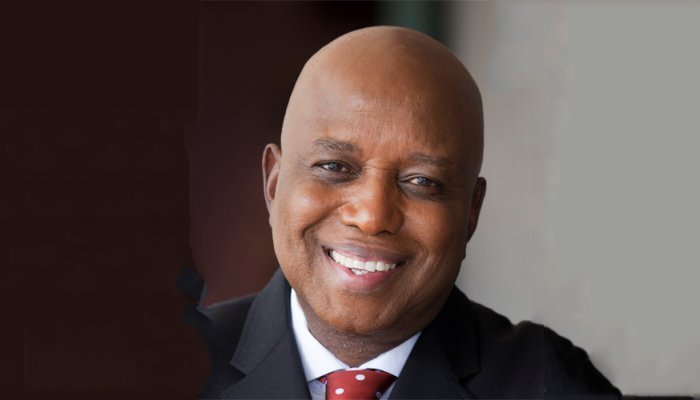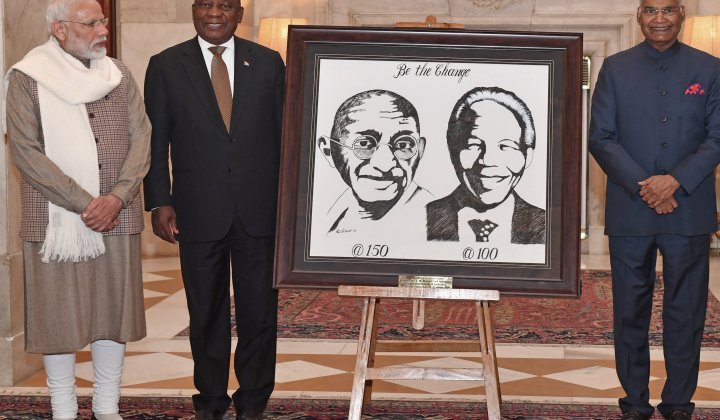South Africa continues to be obsessed with “commissions of inquiry” despite the fact that they are costly and have led to controversial, little or no consequence. In some cases, their outcomes were not even made public. Perhaps the old law enabling the establishment of commissions should be reviewed and changed to make them more effective?
As far as I know there is no official list of how many commissions of inquiry have been held since 1994. But the fact is that there have been many, so many in fact that it is not easy to recall their names offhand. These commissions have been established at national, provincial and municipal levels to enquire into a number of matters. We can recall some of the high profile ones, like the Farlam Commission of Inquiry into the Marikana massacre of August 2012. Five years later in 2017, there have been no consequences worth noting despite the commission’s recommendations.
Now, for some reason or another, there is growing excitement about the need for President Jacob Zuma to urgently establish a Commission of Inquiry into state capture. Calls are growing from all quarters for this commission. However, this is almost one year after former Public Protector Thuli Madonsela, before her exit, recommended that a Commission of Inquiry into state capture be instituted, and that it should be headed by a judge chosen by Chief Justice Mogoeng Mogoeng. But Zuma has launched a legal challenge against the report’s remedial action, saying that it interferes with his executive powers. He wants to appoint the judge who will head the commission, as prescribed in legislation. So by the time a Commission of Inquiry into state capture gets going, it may be too late, as Madonsela has pointed out on several occasions.
Business leader and CEO Initiative convener Jabu Mabuza has spoken out, saying “The president can help all of us by immediately appointing this commission of inquiry to put this issue of state capture to rest.” But I have to ask will it put it to rest? Will there be real consequences, taking into account the long history of commissions of inquiry whose outcomes have led to little or no consequences?
The governing party has already come out to say such a commission should date back to 1994 to look into other possible cases of state capture that have not been investigated by the Public Protector’s office since the ANC came into power. The ANC wants such a commission to go much wider than the remedial action recommended by the Public Protector’s State of Capture Report.
One has to wonder if this commission would achieve anything at all? Would it become a means to avoid political accountability and individual responsibility by those found to have benefitted from or facilitated state capture?
While one cannot argue about the need to investigate state capture and corruption, one must question how this specific commission will yield different results from previous high profile commissions, which were mired in controversy, or led to little or no consequence. This list would include the Farlam Commission into the Marikana massacre, the Seriti Commission into the arms deal, the Khampepe Commission into the 2002 Zimbabwean elections, the 2004 Hefer Commission into allegations of spying against the then-head of the National Director of Public Prosecutions, Bulelani Ngcuka, and the Khampepe Commission of Inquiry into the affairs of the Scorpions in 2006.
The Constitution gives both the president and provincial premiers the power to appoint commissions of inquiry. The law that enables them to do this is the Commissions Act of 1947, a relic of the pre-1994 democratic period. According to the Act, commissions have to report their findings to the president before they are made public and can only make recommendations to government. So it is up to the president and his government to decide which recommendations to implement or not. They are also free to choose whether or not to publish the findings.
It is time for this law to be changed to bring about independence in how commissions are established, and to give them more teeth so that their findings and recommendations become binding.
“by the time a Commission of Inquiry into state capture gets going, it may be too late...






